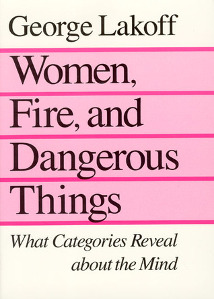Sheesh! You just don’t get it, do you? Did you even read my post with any care before responding? Didn’t you notice anything I wrote about Bruno being an ignorant, anti-skeptical, anti-scientific crackpot? Which should have disqualified him from consideration – let alone granting him such a large segment – given that the prime mover of the new Cosmos emphasized that skepticism must be a key part of the program?
You want more evidence of his ultra-crackpottery, even for his day?
Galileo mocked him and his writings, even as so-called “philosophy”. Kepler had no respect for him either.
He argued that native Americans were descended from “a second Adam”, and thus unworthy and inferior beings. He worshiped Thoth, an Egyptian deity.
The new Cosmos disingenuously suggests he was martyred in part because he read ‘banned’ books, like Lucretious. But no one got in trouble – let alone was martyred – because he read or spoke of Lucretious, which contained only utterly preposterous bullshit, and wasn’t rare and wasn’t controversial, just stupid.
And as a side note, there’s this:
When will you get it?
